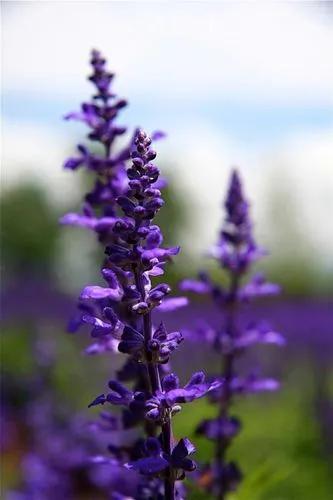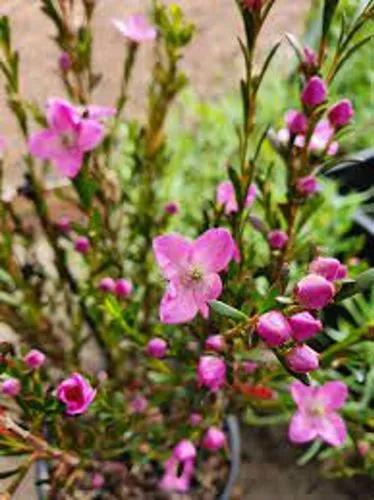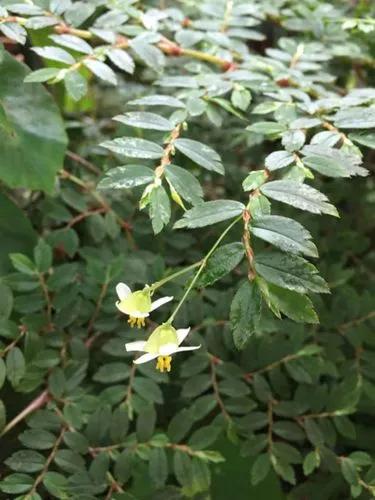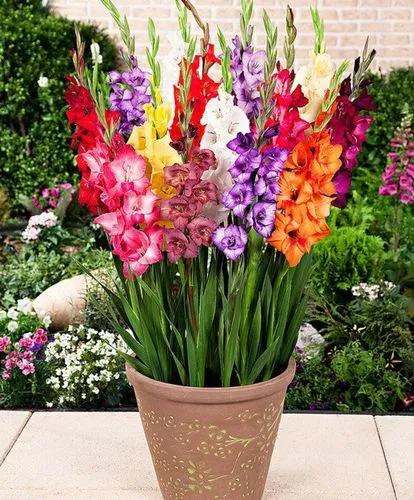Primrose flowers (Primula polyantha) bloom in early spring, offering a variety of form, size, and color. They are suitable for use in garden beds and borders as well as in containers or for naturalizing areas of the lawn. In fact, when given the proper growing conditions, these vigorous plants will multiply each year, adding stunning colors to the landscape. Blooming often lasts throughout summer and in some areas, they will continue to delight the fall season with their outstanding colors. Most primrose flowers seen in gardens are Polyanthus hybrids, which range in color from white, cream and yellow to orange, red and pink. There are also purple and blue primrose flowers. These perennial plants prefer damp, woodland-like conditions.
Polyanthus Care
Primula



How to Care for the Plant

Water

Aim to keep the soil moist, but not wet; freedraining soil is ideal. Sandy soils are fine, just blend in some compost at planting time to help the soil hold onto more moisture.Avoid planting in soils that will get waterlogged for long periods; they loathe constant wetness, it causes big problems and the centres of the plants will rot away fairly quickly. With plants growing in pots, don’t leave the pots sitting in saucers of water either.

Pruning

Tease out the roots then split off the small off shoots, trim the roots back a little, remove any outer floppy or damaged leaves, and the new plantlets are ready to plant in a pot or in the garden.

Fertilizer

To trigger loads of flowers, avoid feeding polys and prims with anything that has a high nitrogen component. Dried blood is the ‘go-to’ plant food, and it’s organic and, therefore, chemical free. Sprinkle it around the base of each plant at planting time, then again six weeks after. It stimulates masses of flower buds and promotes healthy dark-green foliage growth.

Sunlight

These little gems are happy in full sun or a shady spot. If you have a shady position, make sure it isn’t too dark, as they do need daylight to stimulate flower bud initiation and leaf growth.

Soil

Primrose perennials should be planted in lightly shaded areas with well-drained soil, preferably amended with organic matter.

Popularity

60 people already have this plant 9 people have added this plant to their wishlists
Discover more plants with the list below
Related articles






